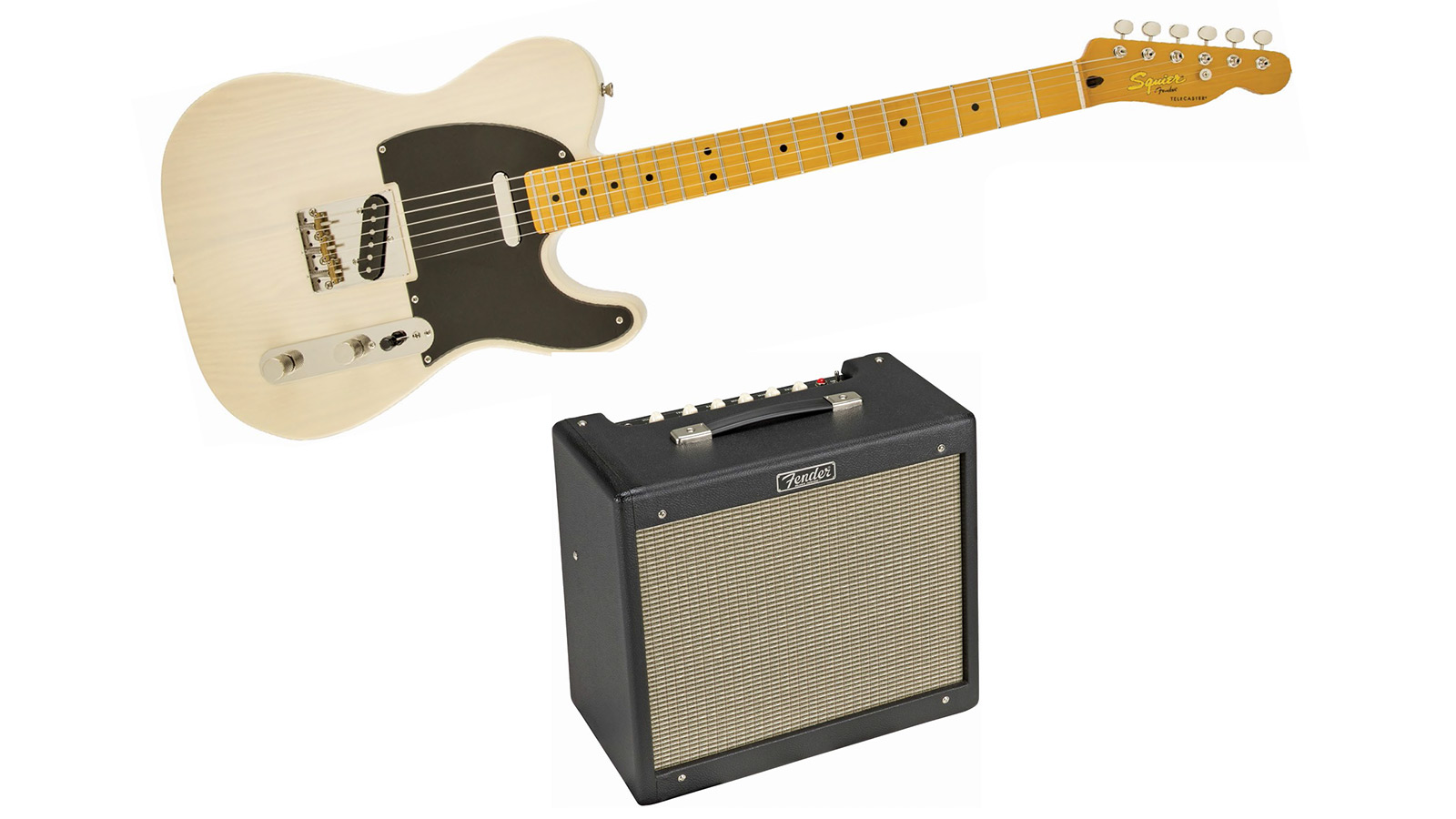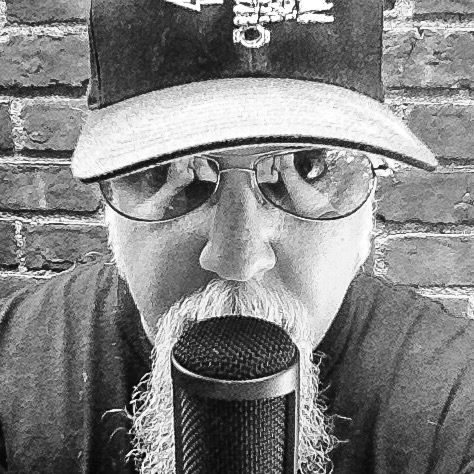The secrets behind Joe Walsh's tone on the James Gang's Funk #49
How the Eagles icon created his raunchy, percussive tone

Joe Walsh’s contributions to rock electric guitar tone are immense. With the bands James Gang, Barnstorm and the Eagles - and as a solo artist - he has recorded dozens of influential solos and riffs that continue to inspire guitarists today.
He also introduced the talkbox to the rock guitar vernacular and made highly innovative use of effects like the Echoplex and Leslie rotating speaker.
Walsh played a crucial role in the gear choices of other iconic players by selling Jimmy Page the legendary #1 Les Paul Standard heard on dozens of Led Zeppelin recordings and giving Pete Townshend the Gretsch 6120/Fender Bandmaster rig used on the Who’s early '70s albums.
As a noted gear hound, Walsh has recorded a multitude of awesome guitar tones, from his solos on the Eagles’ Hotel California to the seminal talkbox hit Rocky Mountain Way.
One of the coolest tones Walsh ever recorded is also one of his simplest: Funk #49. Internet 'experts' often claim that Walsh used only a Fender Tele and tweed Fender Champ to record the song, but Walsh corrected this - in his May 2012 Guitar World interview - by noting it was actually a blackface (circa 1964-’67) Champ.
Walsh’s Tele tone sounds particularly raunchy and percussive due to the guitar’s lowered action and Walsh’s use of a light-gauge nylon pick
40 years earlier, in a 1972 Guitar Player interview, Walsh said he used a 'Vibroplex', but this was probably an inside joke as Walsh is a ham radio enthusiast and a Vibroplex is actually a Morse code key. Perhaps it was actually a 1964-’67 Vibro Champ, which is identical to the Champ with the exception of its added tremolo circuit.
Details about the exact year of Walsh’s Tele are unknown, although in the 1972 interview he said it was “old” and he had modified the pickup wiring to provide “modern” bridge/both/neck settings. Teles featured either a 'blend' circuit until 1952 or a neck bass/neck with tone control/bridge without tone control circuit from 1953 until 1967, so the Tele was most likely from 1959 or earlier as Walsh prefers Teles with maple necks - and he referred to it as “old.”
Get The Pick Newsletter
All the latest guitar news, interviews, lessons, reviews, deals and more, direct to your inbox!
Walsh’s Tele tone on Funk #49 sounds particularly raunchy and percussive due to the guitar’s lowered action and Walsh’s use of a light-gauge nylon pick. Having compared the sounds of a tweed and blackface Champ when playing the song, I can attest that it’s definitely a blackface, as the tweed’s midrange is too prominent and the bass is too loose, while the blackface has the perfect treble sparkle and low-end spank.
Get the sound, cheap!
- Squier Classic Vibe Telecaster ’50s
- Fender Pro Junior IV
TONE TIP: The Pro Junior IV is bigger and louder than a blackface Champ, so don’t overdo the controls. Volume at 8 and Tone at 5 (using the front panel’s 1-12 designations) works best.

Original gear
GUITAR: Circa 1953-’59 Fender Telecaster with maple neck and modified “modern” pickup wiring (bridge pickup); Volume: 10, Tone: 10.
AMP: Circa 1964-’67 Fender Champ or Vibro Champ with 8-inch Utah or CTS speaker (Volume: 10, Treble: 10, Bass: 10; if Vibro Champ Speed: 0, Intensity: 0), Input: 1
EFFECTS: None
STRINGS/TUNING: Ernie Ball Slinky .010-.046/Standard
PICK: Herco Light/Flex 50 (gold) nylon
Chris is the co-author of Eruption - Conversations with Eddie Van Halen. He is a 40-year music industry veteran who started at Boardwalk Entertainment (Joan Jett, Night Ranger) and Roland US before becoming a guitar journalist in 1991. He has interviewed more than 600 artists, written more than 1,400 product reviews and contributed to Jeff Beck’s Beck 01: Hot Rods and Rock & Roll and Eric Clapton’s Six String Stories.
“I suppose I felt that I deserved it for the amount of seriousness that I’d put into it. My head was huge!” “Clapton is God” graffiti made him a guitar legend when he was barely 20 – he says he was far from uncomfortable with the adulation at the time
“I was in a frenzy about it being trapped and burnt up. I knew I'd never be able to replace it”: After being pulled from the wreckage of a car crash, John Sykes ran back to his burning vehicle to save his beloved '76 Les Paul










